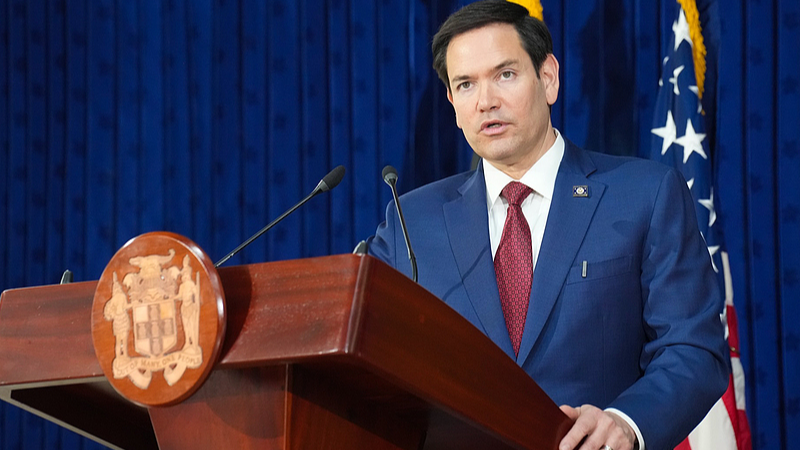Global military spending has soared to an unprecedented $2.443 trillion in 2023, marking a 6.8% increase from the previous year. This surge, reported by Sweden's Stockholm International Peace Research Institute (SIPRI), represents the largest annual rise in defense expenditures since 2009.
The United States continues to lead the charge, allocating a staggering $886 billion for 2024. This figure is a significant jump from $618.7 billion in 2017, reflecting an increase of over 40% in just seven years. Japan is not far behind, with its defense budget rising to 7.95 trillion yen ($55.9 billion) in 2024, marking the tenth consecutive year of record-setting expenditures.
Other major players are also ramping up their military budgets. Russia has increased its defense spending to approximately $120 billion for fiscal year 2024, the highest increase since the Cold War. Germany and France have boosted their budgets by 3.4% and 7.5%, reaching $56.5 billion and $49.7 billion respectively. Israel has seen its budget rise by $8.2 billion to approximately $31 billion. Additionally, South Korea unveiled its \"National Defense Mid-term Plan from 2024 to 2028,\" which plans to invest around $270 billion in military expenditures over the next five years.
The primary driver behind the United States' substantial military spending is its ambition to maintain global hegemony amidst growing competition. Currently, the U.S. accounts for about 40% of total global military expenditure, surpassing the combined military spending of the next nine countries. U.S. Secretary of Defense Lloyd Austin highlighted the need to \"bolster our ability to defend our country, pace to the challenge posed by an increasingly aggressive People's Republic of China.\" This statement underscores the strategic focus on enhancing military presence and deterrence, particularly in the Asia-Pacific region, including initiatives like strengthening defense measures in Guam and Hawaii.
Geopolitical tensions, such as the ongoing Russia-Ukraine conflict and the Gaza war, have further fueled the rise in military budgets. These conflicts have drawn the U.S. into great power competition, prompting the administration to allocate more funds towards defense. Additionally, influential interest groups within the military-industrial complex have played a role in advocating for increased defense spending.
As global military expenditures continue to climb, the international community faces the challenge of addressing the factors contributing to this vicious cycle. Balancing national security concerns with the need for sustainable peace will be crucial in navigating the future of global defense spending.
Reference(s):
How to end the vicious cycle of global military spending rise?
cgtn.com



